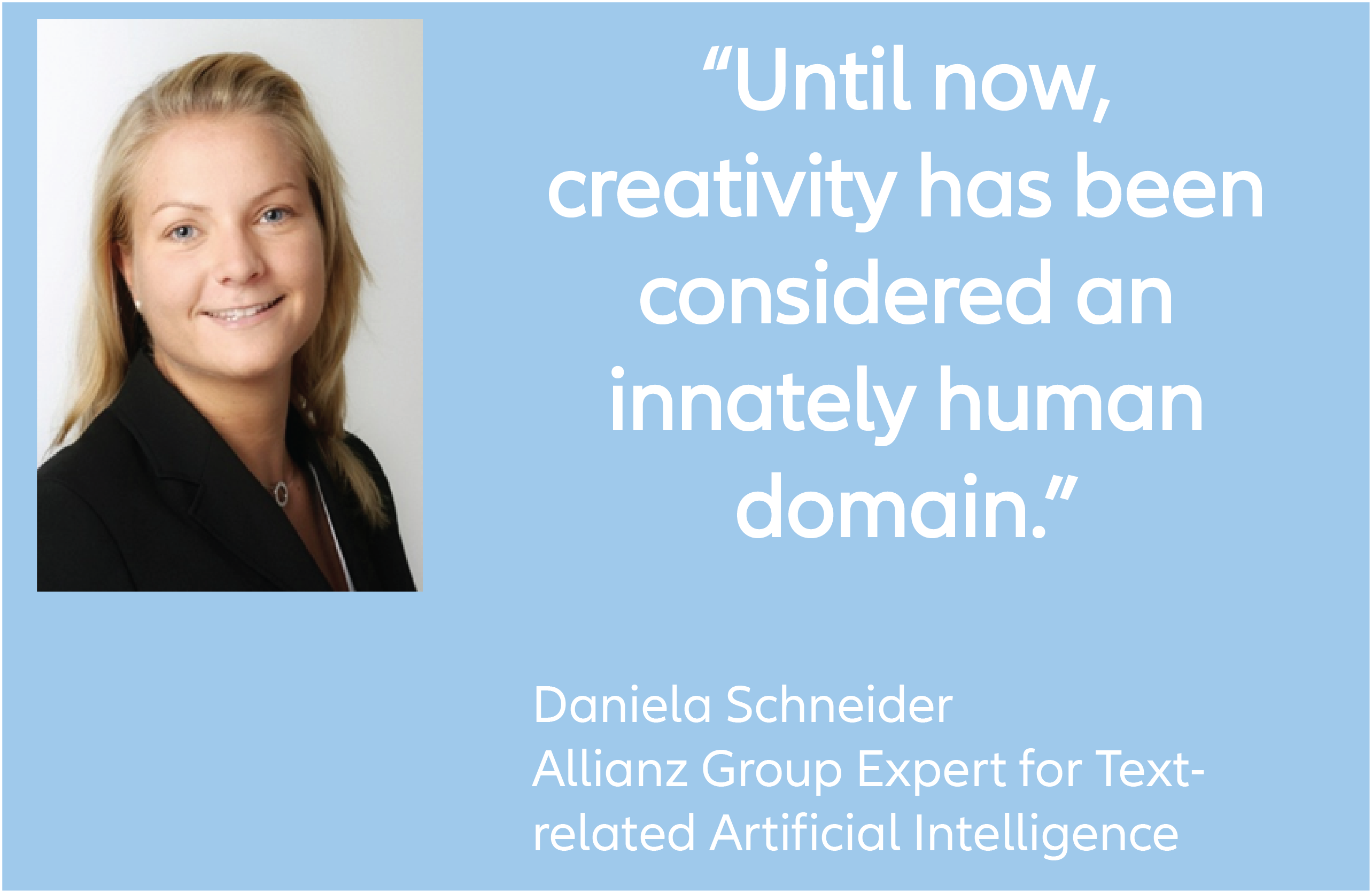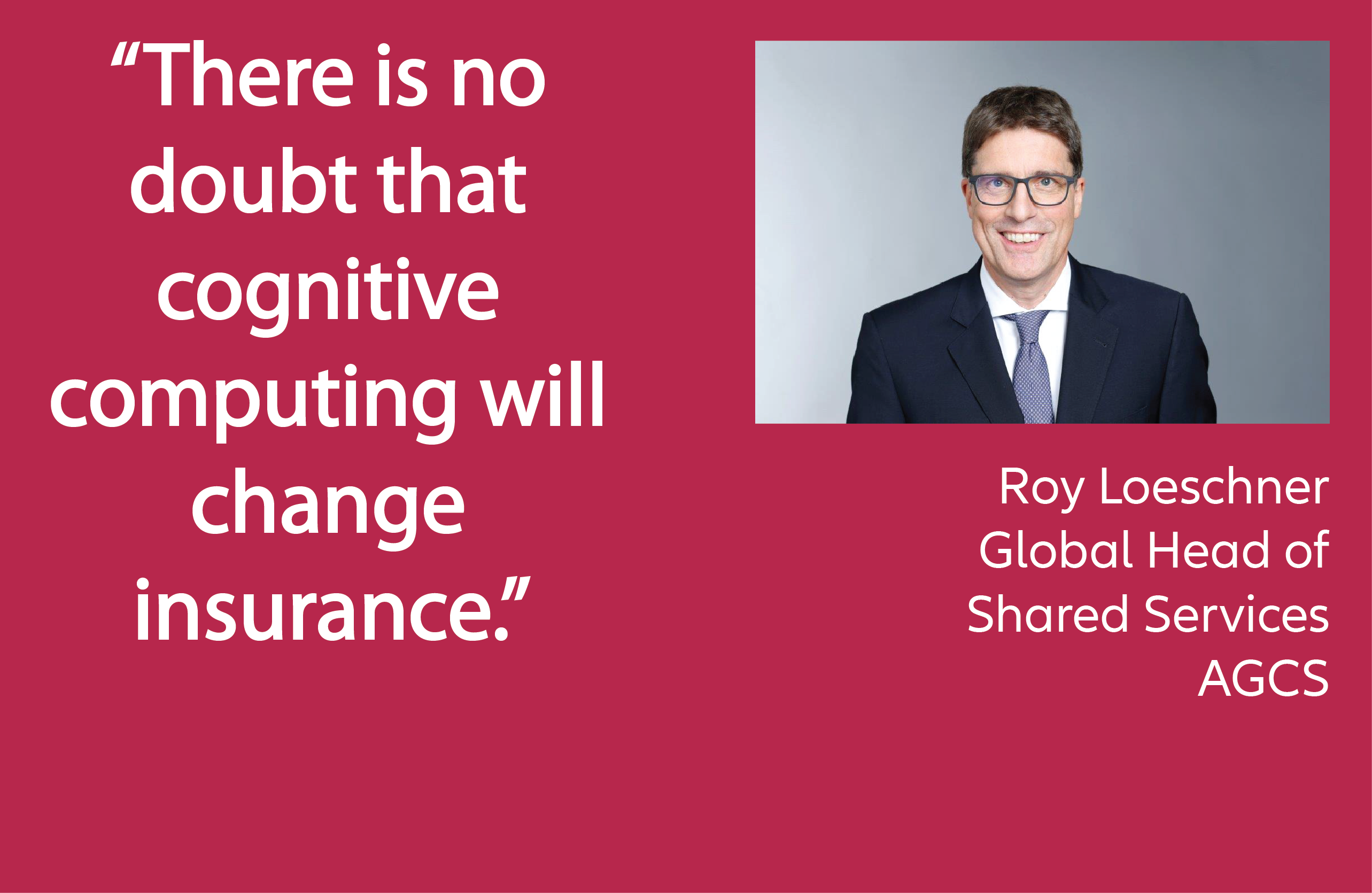There was barely a pulse on an LED between the victory of IBM Watson on the American game show Jeopardy! in 2011 and the hype beginning. The cognitive computer system had just defeated two former winners of the show in a ‘man vs. machine’ playoff for a $1 million prize and, according to the media, it was now poised to reshape the world.
In 2013, IBM announced that the first commercial application of Watson would be for managing decisions concerning lung cancer. Since then, Watson is said to be forecasting weather, writing recipes, tackling development in Africa, and working on a smart assistant for General Motors. Last year, it even wrote a song about heartbreak - “It’s Not Easy” - with Grammy-winner Alex Da Kid.
“Watson is probably not quite as ubiquitous as it seems,” says Roy Loeschner, Global Head of Shared Services at Allianz Global Corporate & Specialty (AGCS). “But there is no doubt that cognitive computing will change the world.”
Science fiction is filled with tales of intelligent machines functioning autonomously from humanity, but reality is more mundane. Many experts believe artificial intelligence is impossible; instead, we are now at a stage referred to as “cognitive intelligence”: humanity leveraging computing power to enhance its own abilities. According to Loeschner, this technology is already changing the insurance industry.



